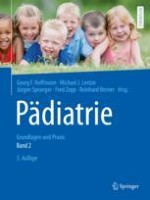2020 | OriginalPaper | Buchkapitel
Hauptrubriken
Service
Fachgebiete
Themen











